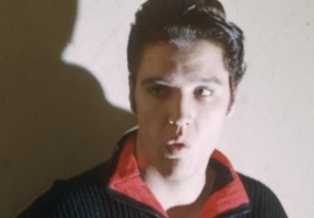News Bill Wyman on the tragic death of Brian Jones: “It really got me bad”
The Rolling Stones‘ success hinges on their collective energy. Across different eras, each member has contributed something essential, injecting the band with fresh vigour and enabling them to stay relevant amid shifting cultural trends. A pivotal figure in this dynamic was bassist Bill Wyman, who played a crucial role in the band’s golden era in 1962 all the way through to 1993.
Along with Wyman, another integral part of the Stones’ team was Brian Jones, whose departure from the band is a rather sad story. Although the rest of the band didn’t have much difficulty being productive while encountering drug misuse, Jones apparently struggled, which became a major issue. In fact, their producer, Jimmy Miller, described the other band members as “workhorses” while Jones was letting them down.
Ultimately, although at the time the reasons for his stepping down were largely unknown, Jones’ departure from the Stones on June 8th, 1969, was marked by his declaration: “I want to play my kind of music, which is no longer the Stones’ music.” In a tragic twist, the musician was found dead less than a month later.
“I was really sad when Brian started to fall to bits, basically,” Wyman shared in The Quiet One. “We’d be in LA and we’d go out to the clubs, and he’d be on LSD, and he’d be getting out of the limo going, ‘there’s snakes all over the ground!’ He’d be jumping about, saying ‘the ceiling’s on fire!’ I just used to let him get on with it, but he would go off on those tangents.”
Reflecting on the moment Jones died, he continued: “Charlie phone me up and said, ‘Brian just died.’ I don’t believe it, you know? The press was so bad at the funeral. I mean, everybody’s around the grave, you’re knowing that they’re putting the coffin in, all his family and relatives are all tranquilised and everything. Everybody’s crying, upset.”
“There’s thousands of fans everywhere, and there’s kids running up to you asking for autographs,” he added. “There’s press guys with cameras everywhere, all leaning over you and getting snaps. It was really sick. There was no respect at all. When he went, it really got me bad. [He was] somebody a bit special.”
Although personal and creative differences led to Jones’ departure, his passing solidified his presence within the band and their lasting legacy as one of rock music’s most innovative and influential bands of all time. Details around his death remain uncertain to this day, but his contributions continue to live on in the music and stories told by the other band members.




